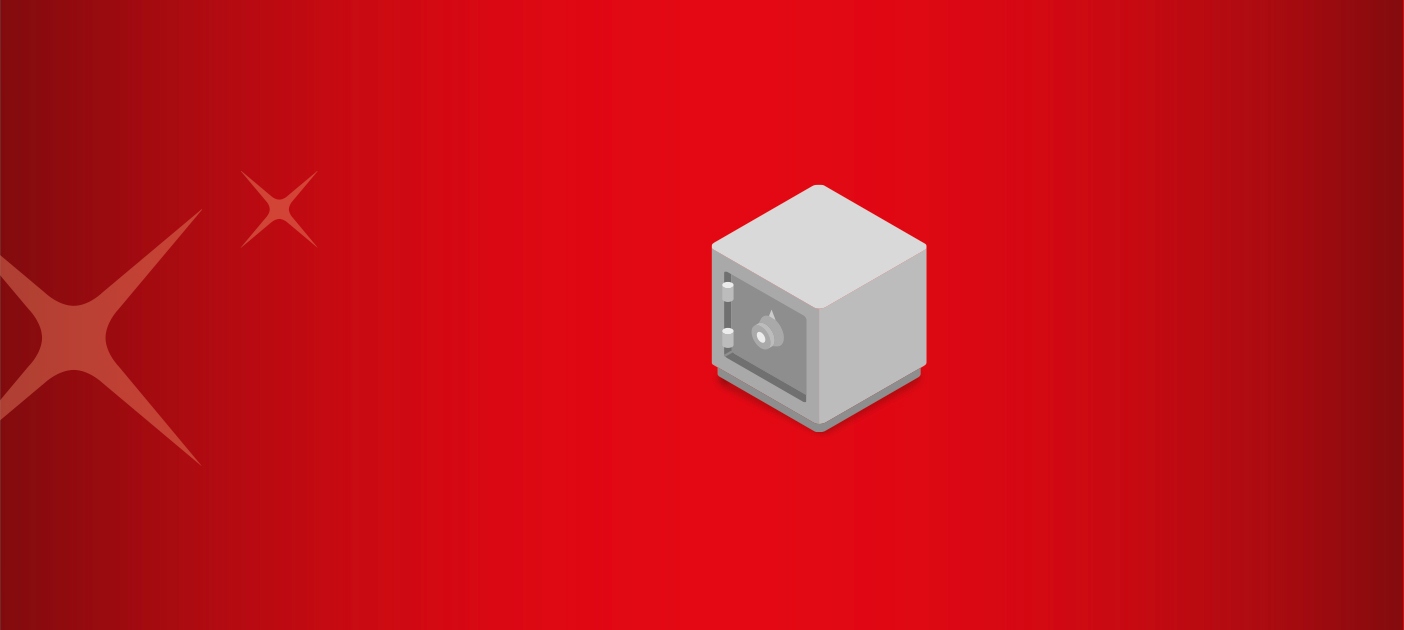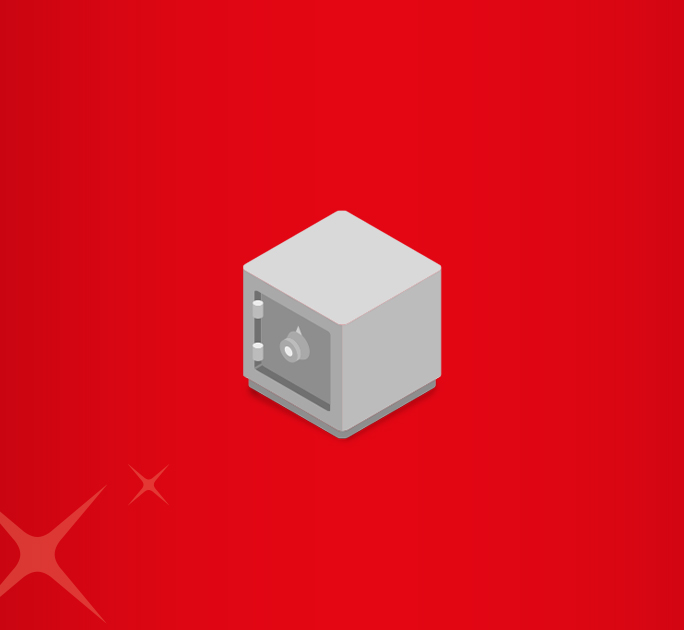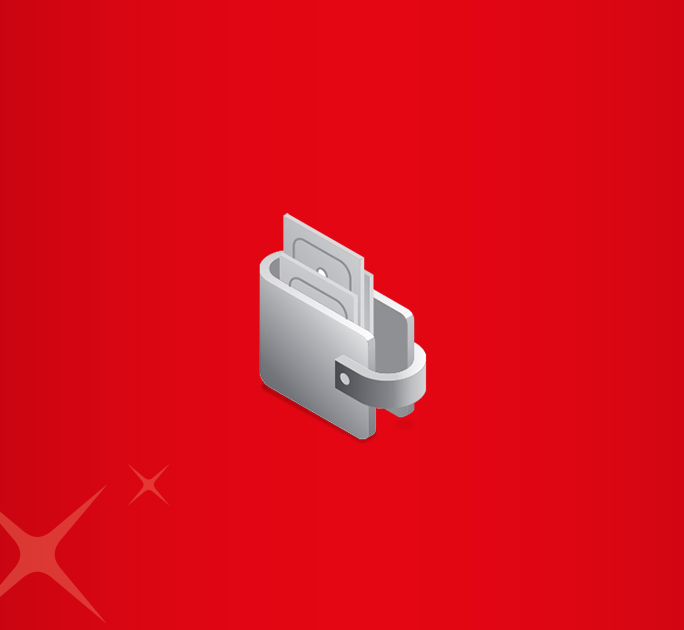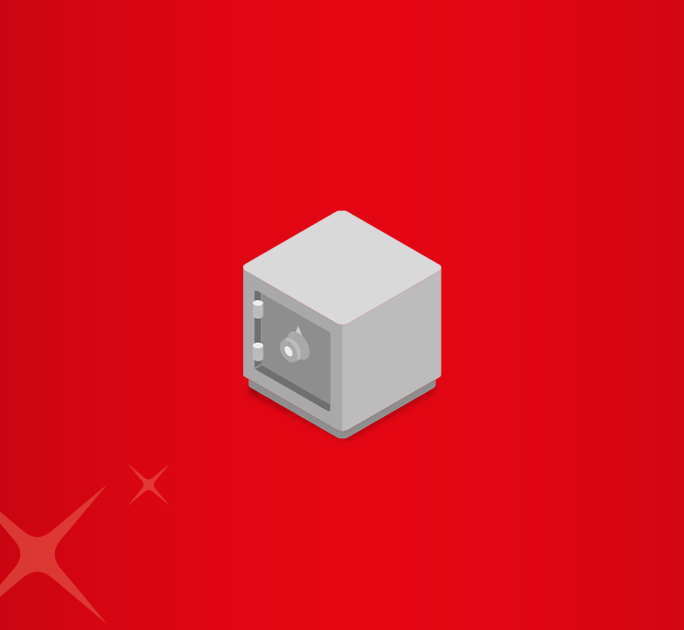- Save
- Invest
- Borrow
- Pay
- More
- NRI Banking
- Customer Services

What is a Fixed Deposit - Meaning, Types & Benefits
Fixed Deposits are safe investments that provide regular interest income besides several other benefits. In this article, discover everything you need to know about FDs.
Key Takeaways
- A Fixed Deposit is a safe investment through which you can earn interest income.
- Fixed Deposits promise guaranteed returns and involve no risk of loss of principal amount.
- Returns on Fixed Deposits are unaffected by market fluctuations.
- All interest gains from Fixed Deposits are taxable by law.
- You can avail of top-up loans against your Fixed Deposit.
The scope of investment has expanded tremendously in recent times. Banks today offer multi-investment plans for you to choose from; one of them is Fixed Deposits. Fixed Deposits are the most secure method of investment. You earn guaranteed returns that are unaffected by market fluctuations. Continue reading to find out what is a fixed deposit, its feature, and the benefits of investing in them.
What is a Fixed Deposit?
As the name suggests, Fixed Deposit is an investment plan wherein you can deposit your lump sum money for a fixed period and earn interest.
The rate of interest associated with the Fixed Deposit depends on the principal amount invested and investment tenure. So, on maturity, you will receive both the principal amount plus compound interest. However, this is true only if you opt for a cumulative Fixed Deposit. You also have the option of choosing non-cumulative FDs in which you earn interest income on a monthly or quarterly basis.
Investors typically prefer to invest in Fixed deposits because it is safe and straightforward. Once you deposit your lump sum money, you keep earning a fixed interest amount. Returns on Fixed Deposits are unaffected by changes in the interest rate or market fluctuations. You get guaranteed returns on your deposit and there is no apparent risk of losing your principal amount. You can choose to receive the interest earned either periodically or on maturity. However, you cannot withdraw your deposit before maturity, unless you do not mind paying the premature withdrawal penalty.
Features of Fixed Deposit
Now that you know what FD is, let us look at its features:
-
Secure Investment
Most market-led investments are subjected to changes over time. Conversely, FD investments are secure and reliable. This is because the returns generated by FDs are fixed. They are not affected by market volatility and remain static, at least for the investment tenure.
-
Rate of Interest
The rate of interest offered depends upon your principal amount and chosen tenure. Typically, the FD interest rates are higher for long-term FDs and lower for short-term FDs.
-
Flexible Tenure and Renewal
FDs can be held for terms ranging from one week to 10 years. You can choose your preferred duration when opening the FD. Upon maturity, renewing the FD is easy, but it's important to check the current FD interest rates, as they may vary.
-
Tax Deduction
The interest earned on the principal amount is subjected to a tax deduction under the Income Tax Act,1961. You can calculate FD interest income in the 'other income sources' category while filing your returns.
To open an online Fixed Deposit, you only need a DBS Bank savings account and sufficient balance to fund the FD investment. At the time of opening your account, keep your Aadhaar card and Permanent Account Number (PAN) handy.
Benefits of Fixed Deposit
Before you invest in an FD, it is important to understand the benefits of Fixed Deposits.
-
Assured Returns
Fixed Deposits offer guaranteed returns, providing a secure and predictable investment option. The interest rate is fixed at the time of investment, ensuring that you receive a specified amount at maturity. This assurance makes Fixed Deposits a popular choice for conservative investors seeking stability and minimal risk.
-
Easy to Open
Opening a Fixed Deposit account is a straightforward process, requiring minimal documentation. Most banks and financial institutions offer online and in-branch services, making it convenient to start a Fixed Deposit. This simplicity and accessibility appeal to individuals looking for hassle-free investment options.
-
Higher Rate of Interest
Fixed Deposits typically offer higher interest rates compared to regular savings accounts. This higher rate of return makes Fixed Deposits an attractive option for those looking to grow their savings more efficiently. The competitive interest rates help maximize the earnings on your invested capital.
With DBS Bank Fixed Deposit, you can avail of high interest rates and enjoy lucrative features and benefits such as selecting the preferred maturity instructions, earn interest at monthly or quarterly intervals and more.
-
Flexible Tenure
Fixed Deposits come with flexible tenure options, allowing investors to choose the duration that best suits their financial goals. Tenure can range from a few months to several years, providing the flexibility to plan for short-term or long-term needs. This adaptability helps in better financial planning.
-
Multiple FD Accounts
Investors can open multiple Fixed Deposit accounts to diversify their investment and manage liquidity needs effectively. By staggering the maturity dates of different FDs, you can ensure a steady flow of funds over time. This strategy helps in managing both immediate and future financial requirements.
-
Additional Tax Benefit
Certain Fixed Deposit schemes, like tax-saving FDs, offer additional tax benefits under Section 80C of the Income Tax Act. By investing in these schemes, you can reduce your taxable income, thereby saving on taxes. This dual advantage of earning interest and saving on taxes makes fixed deposits an appealing investment.
Types of fixed deposit
Explained below are the four major types of Fixed Deposits:
-
Standard Fixed Deposit
Standard Fixed Deposits are investment options where you place a specific amount of money for a fixed duration at a predetermined interest rate. The tenure can range from 7 days to 10 years, and the interest rate varies depending on the length of the investment and the financial institution offering the deposit.
-
Regular Income Fixed Deposit
Regular Income Fixed Deposits are FDs with monthly interest payouts. These are popular among retirees and those seeking a regular income stream similar to a pension. Unlike other FDs, these provide monthly interest payments, offering liquidity. However, the interest rate is slightly lower compared to cumulative FDs, which pay out at maturity.
-
Tax Saving Fixed Deposit
Tax-saving Fixed Deposits are favoured for their tax benefits under Section 80C of the Income Tax Act. These FDs have a five-year lock-in period, during which the invested amount cannot be withdrawn. By investing in a tax-saving FD, you can claim a tax deduction of up to Rs. 1.5 lakh annually. While the interest earned is taxable, the tax deduction is a key advantage, setting them apart from other Fixed Deposits.
-
Senior Citizen Fixed Deposit
Senior Citizen Fixed Deposits are tailored for individuals aged 60 and above, offering higher interest rates than regular Fixed Deposits. These FDs provide better returns on savings and come with flexible tenures ranging from a few months to several years, ensuring guaranteed returns. They are an excellent choice for retirees looking for a secure and predictable income stream.
Who Should Invest in an FD?
Fixed Deposits (FDs) are ideal for conservative investors seeking a secure and predictable return on their investments. They are especially suitable for:
Risk-Averse Individuals:
Those who prefer to avoid market risks and want guaranteed returns should consider FDs.
Retirees:
FDs offer a regular income stream and protect savings from market fluctuations, making them perfect for retirees seeking stability.
Tax Savers:
Individuals looking to benefit from tax deductions under Section 80C can invest in tax-saving FDs with a lock-in period of five years.
Short to Medium-Term Goals:
Those planning for specific financial goals within a few months to a few years will find FDs suitable due to their flexible tenure options.
Taxability on Fixed Deposit
As mentioned above, all interest earnings from Fixed Deposit are taxable under the Indian Income Act, 1961. The tax deducted from FD interest earnings may range from 0% to 30%, depending upon the income bracket of the investor.
Most financial institutions deduct 10% TDS if FD interest earnings are more than Rs. 10,000 in a year. This TDS rate is applicable only if you provide your PAN card details to the bank you open your FD with. If you fail to do so, the bank is authorised to levy a 20% TDS rate, as per the government mandate.
If your total income is below the minimum tax slab of 10%, you can claim tax exemption on your TDS deduction. But, if your total income falls under higher tax slabs of 20% or 30%, you will have to pay extra tax along with the standard TDS rate.
You can avoid the tax deduction in two circumstances:
- By submitting form 15G if you are under 60 years of age.
- By submitting form 15G if you are over 60 years of age (senior citizen).
Conclusion
A Fixed Deposit is an excellent investment option for those seeking guaranteed returns without risking their capital. Additionally, an FD can serve as collateral if you need a loan from your bank. Now that you understand what a Fixed Deposit is and how it works, consider applying for one.
To save time and open an FD account remotely, download the Digibank app by DBS today. And if you’re an existing customer, you can simply open the app, select ‘deposits’ and then ‘Fixed Deposits’. Thereafter, you can follow the on-screen instructions and book an FD!
Frequently Asked Questions
Can I withdraw FD anytime?
Fixed Deposits with a premature withdrawal option let you close your FD before it matures. This is helpful during cash shortages. However, early withdrawal usually incurs a penalty fee from the bank.
What if I close FD before maturity?
The amount deposited in an FD account is locked in and typically cannot be accessed until maturity. However, if urgently needed, investors can make a premature withdrawal or terminate the FD.
Premature withdrawal involves taking out money from an FD before its maturity date, usually incurring penalties ranging from 0.50% to 1% or resulting in lower interest rates. This decision should be carefully considered, as it can impact your savings and financial goals.
Can we transfer FD to another person?
FDs can be transferred between branches of the same bank. To do this, you need to contact the branch manager where your FD was made, submit a written transfer request, and provide the FD receipt. After verification, the account will be transferred to the requested branch.
However, FDs cannot be transferred between different banks. In this case, you must prematurely close the FD at your current bank and open a new FD at the other bank.
If you prefer to save time and effort and open an FD account remotely, download DBS Bank app right away!
*Disclaimer: This article is for information purposes only. We recommend you get in touch with your income tax advisor or CA for expert advice.











